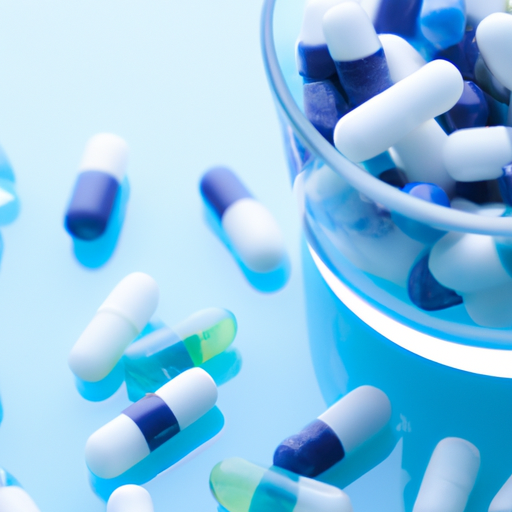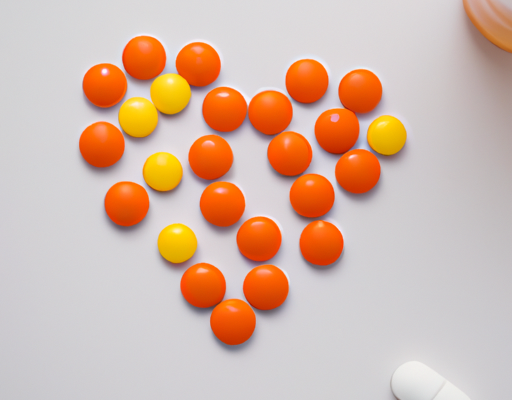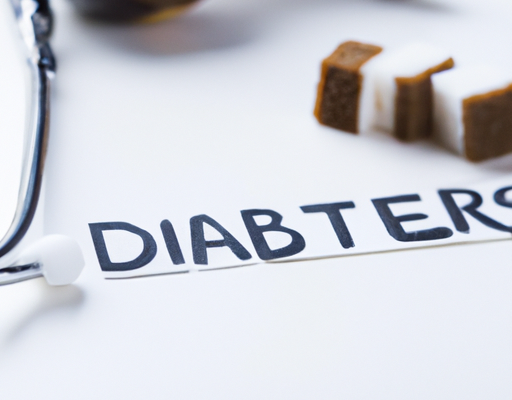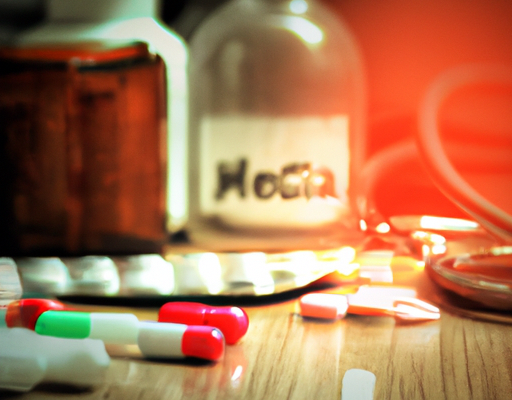Cause
Bumps under the skin can be caused by a variety of health issues. Acne is the most common cause of bumps under the skin, as the body produces too much oil and the pores become blocked. Bumps can also be caused by an infection, such as a staph or strep infection, which can cause a red, swollen bump. In some cases, a bump can be caused by an allergic reaction or a reaction to a medication. Bumps can also be caused by a cyst, which is a small sac filled with fluid or other material. In rare cases, bumps under the skin can be a sign of a more serious condition, such as an autoimmune disorder or cancer. If you are concerned about bumps under your skin, it is important to see a doctor for an assessment.
Appearance
Having a bump under your skin can be both uncomfortable and unsightly. Although we often associate these bumps with pimples, it can actually be a sign of other, more serious, health issues. When using any treatments for these skin irregularities, it’s important to understand what’s causing them in the first place. If you’re unsure, it’s best to consult with a dermatologist. Depending on what’s causing the bumps, a doctor can recommend the best course of action for treating them. Not only is it important to have healthy skin but to also have an overall balanced, healthy lifestyle. Eating healthy, exercising, and getting enough sleep can all contribute to having healthy skin as well as boosting your confidence and improving your mental wellbeing.
Prevention
It is important to take precautions to prevent the occurrence of bumps under the skin. To do this, be sure to maintain a healthy lifestyle, which involves following a balanced diet, exercising regularly, and getting enough sleep. Taking good care of your skin by washing it twice daily and moisturizing it can help to keep the skin healthy and prevent the formation of pimples. Moreover, it is important to avoid picking at any pimples, as this can cause the skin to become inflamed and increase the chances of a bump forming underneath. Lastly, it is important to wear sunscreen when outdoors and avoid tanning beds, as both can lead to skin damage and an increased risk of skin bumps. By taking the time to follow these practices, you can help to keep your skin healthy and prevent the formation of bumps under the skin.
Treatment
Bumping a pimple can lead to irritation and inflammation, and in some cases infection. It is advised to leave the pimple alone and resist the temptation to ‘pop’ or pick it. There are some treatments available if the bump under your pimple is persistent. An antibacterial wash such as benzoyl peroxide can help reduce the bacteria associated with pimples. This can help reduce the size of the pimple, and help keep it from becoming infected. If the bump persists, it is important to seek medical advice from a dermatologist to detect any underlying inflammation or infection. Treatments such as antibiotics, topical creams, and in certain cases corticosteroid injections may be administered by the doctor to help moderate the inflammation and reduce the size of the bump.
Home remedies
A bump under the skin, commonly referred to as a pimple, can be caused by a range of factors. These can include hormones, genetics, stress and poor hygiene. Fortunately, there are some home remedies that may help to reduce the discomfort associated with the bump. Firstly, it is important to maintain a good skincare routine with regular cleansing and moisturizing. Secondly, ice packs can be applied to the area in order to reduce swelling and inflammation. Thirdly, aloe vera gel can be applied directly to the skin as it has soothing and healing powers. Finally, natural remedies like tea tree oil can be used as an antiseptic to help clear the skin. These remedies are a great way to help reduce the appearance and discomfort of a bump under the skin.





No Comments